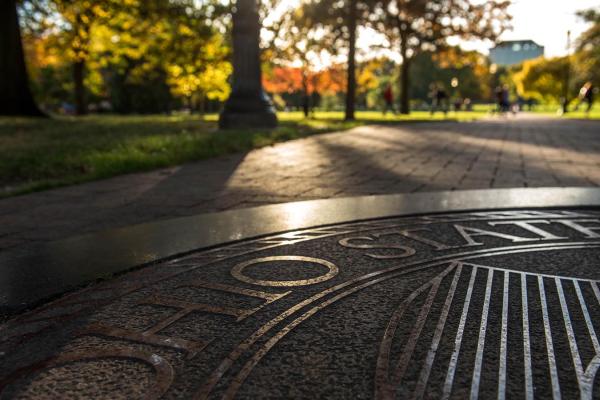
Professor Vincent Barletta, Stanford University
Co-sponsored by the CMRS
Discussions of poetry and rhythm have traditionally focused rather tightly on matters of prosody and metrics. While such an approach has been useful in many ways, it nonetheless brackets off the potential of a deeper, more philosophically engaged account of rhythm. Such an account is quite explicit in Ancient Greek literature, but it also finds somewhat less systematic (but no less profound) expression in writing from Late Antiquity to the present. In the present paper, I focus on the account of rhythm developed in sixteenth-century Portugal, particularly in the lyric poetry of Luís de Camões (1524?-1580). Of principal concern is the enduring force of antique conceptions of rhythm that frame it not as a temporal phenomenon but rather as a morphological one tied at once to ethics, sensation/aesthetics, and ontology.
